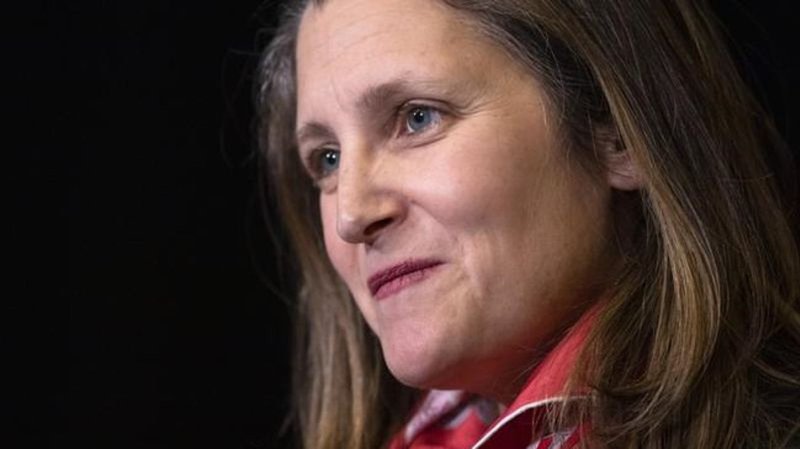
International aid agencies ask for more money in letter to Freeland ahead of budget
OTTAWA — Dozens of Canada’s international aid agencies are asking Finance Minister Chrystia Freeland to increase the country’s foreign assistance contributions.
The request comes in a letter signed by 75 non-governmental organizations, including the Canadian chapters of groups such as Oxfam, Save the Children, Unicef and World Vision.
They’re asking Freeland to increase international aid funding from the $8.15 billion pledged in the last budget and to gradually ramp that figure up to $10 billion by 2025.
“Our investments have acted as a bulwark against rising authoritarianism by supporting democracy, women’s and children’s rights, and development in countries where rights are under attack,” reads a draft version of the letter provided to The Canadian Press. “… If Canada fails to maintain its commitment to year-on-year increases in international assistance in the federal budget this spring, all of this is under threat.”
